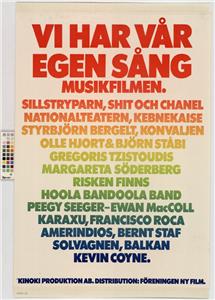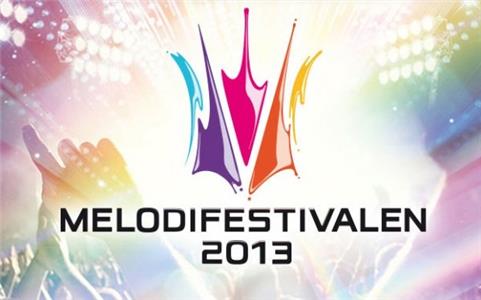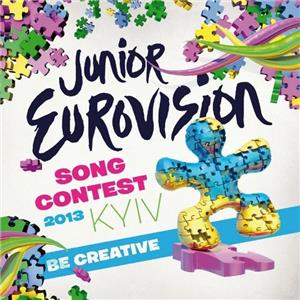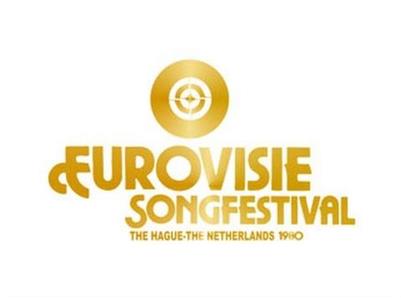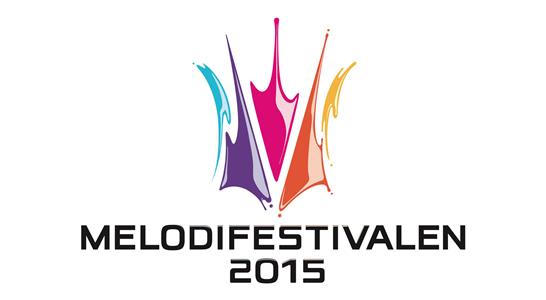The Eurovision Song Contest (1988) Online
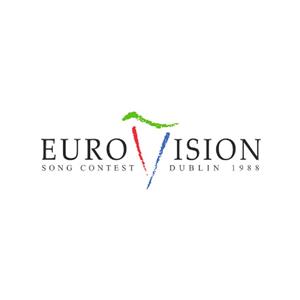
- Original Title :
- The Eurovision Song Contest
- Genre :
- Creative Work / Music
- Year :
- 1988
- Directror :
- Declan Lowney
- Cast :
- Pat Kenny,Michelle Rocca,Sverrir Stormsker
- Type :
- Creative Work
- Rating :
- 6.8/10
| Cast overview, first billed only: | |||
| Pat Kenny | - | Himself - Host | |
| Michelle Rocca | - | Herself - Host | |
| Sverrir Stormsker | - | Himself - Icelandic Entry: 16th Place | |
| Stefán Hilmarsson | - | Himself - Icelandic Entry: 16th Place | |
| Tommy Körberg | - | Himself - Swedish Entry: 12th Place | |
| Boulevard | - | Themselves - Finnish Entry: 20th Place | |
| Erkki Korhonen | - | Himself - Finnish Entry: 20th Place | |
| Kyösti Laihi | - | Himself - Finnish Entry: 20th Place | |
| Juha Lanu | - | Himself - Finnish Entry: 20th Place | |
| Jari Nieminen | - | Himself - Finnish Entry: 20th Place | |
| Tuomo Tepsa | - | Himself - Finnish Entry: 20th Place | |
| Scott Fitzgerald | - | Himself - United Kingdom Entry: 2nd Place | |
| Mazhar Alanson | - | Himself - Turkish Entry: 15th Place | |
| Fuat Güner | - | Himself - Turkish Entry: 15th Place | |
| M.F.O. | - | Themselves - Turkish Entry: 15th Place |
Canadian singer Celine Dion represented Switzerland and won the contest by a margin of just one point (over the UK's Scott Fitzgerald)
The vast modern stage was the largest used in any Eurovision Song Contest up to that time. As the RDS arena was small, elaborate camera shots were used make the arena look bigger
For the first time in the history of the contest, a country was disqualified for breaching the rules. The Cypriot entry was previously recorded and released 4 years earlier, which is forbidden.
The Interval act 'Don't Go', performed by the Hot House Flowers, was filmed in 11 countries and cost 250,000 pounds to make. It was sponsored by the European Commission as part of its promotion of the European Year of Film and Television.
For the first time, instead of a physical scoreboard on the auditorium as it had been done since 1957, a computer generated scoreboard was used.


